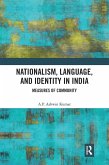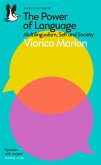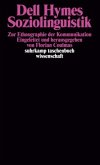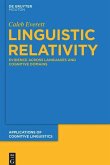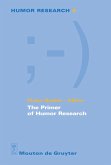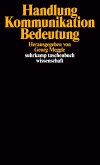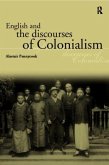Why should we study language? How do the ways in which we communicate define our identities? And how is this all changing in the digital world? Over seven editions, many have turned to Language, Culture, and Society for answers to questions like these because of its comprehensive coverage of all aspects of linguistic anthropology.
Hinweis: Dieser Artikel kann nur an eine deutsche Lieferadresse ausgeliefert werden.
Hinweis: Dieser Artikel kann nur an eine deutsche Lieferadresse ausgeliefert werden.
"Language, Culture, and Society provides comprehensive coverage of the fundamental subfields of linguistic anthropology. The rich variety of examples presented from languages spoken all over the globe allows students to enter the world of working linguistic anthropologists." Marilyn S. Manley, Rowan University
"A major introduction and overview to the (reborn) field of linguistic anthropology. The book is systematic and very accessible. It covers most of what is relevant in the field, for which it certainly is to be highly recommended." Applied Linguistics
"Language, Culture, and Society is a welcoming text regardless of the reader's background in linguistic anthropology. Material that is significant in scope and depth is masterfully rendered in digestible yet substantive elements. There is an art to maintaining conceptual rigor while deftly delivering profound ideas in readily grasped writing-an art that Salzmann, Stanlaw, and Adachi possess in great amounts." William L. Alexander, University of North Carolina
"A major introduction and overview to the (reborn) field of linguistic anthropology. The book is systematic and very accessible. It covers most of what is relevant in the field, for which it certainly is to be highly recommended." Applied Linguistics
"Language, Culture, and Society is a welcoming text regardless of the reader's background in linguistic anthropology. Material that is significant in scope and depth is masterfully rendered in digestible yet substantive elements. There is an art to maintaining conceptual rigor while deftly delivering profound ideas in readily grasped writing-an art that Salzmann, Stanlaw, and Adachi possess in great amounts." William L. Alexander, University of North Carolina


